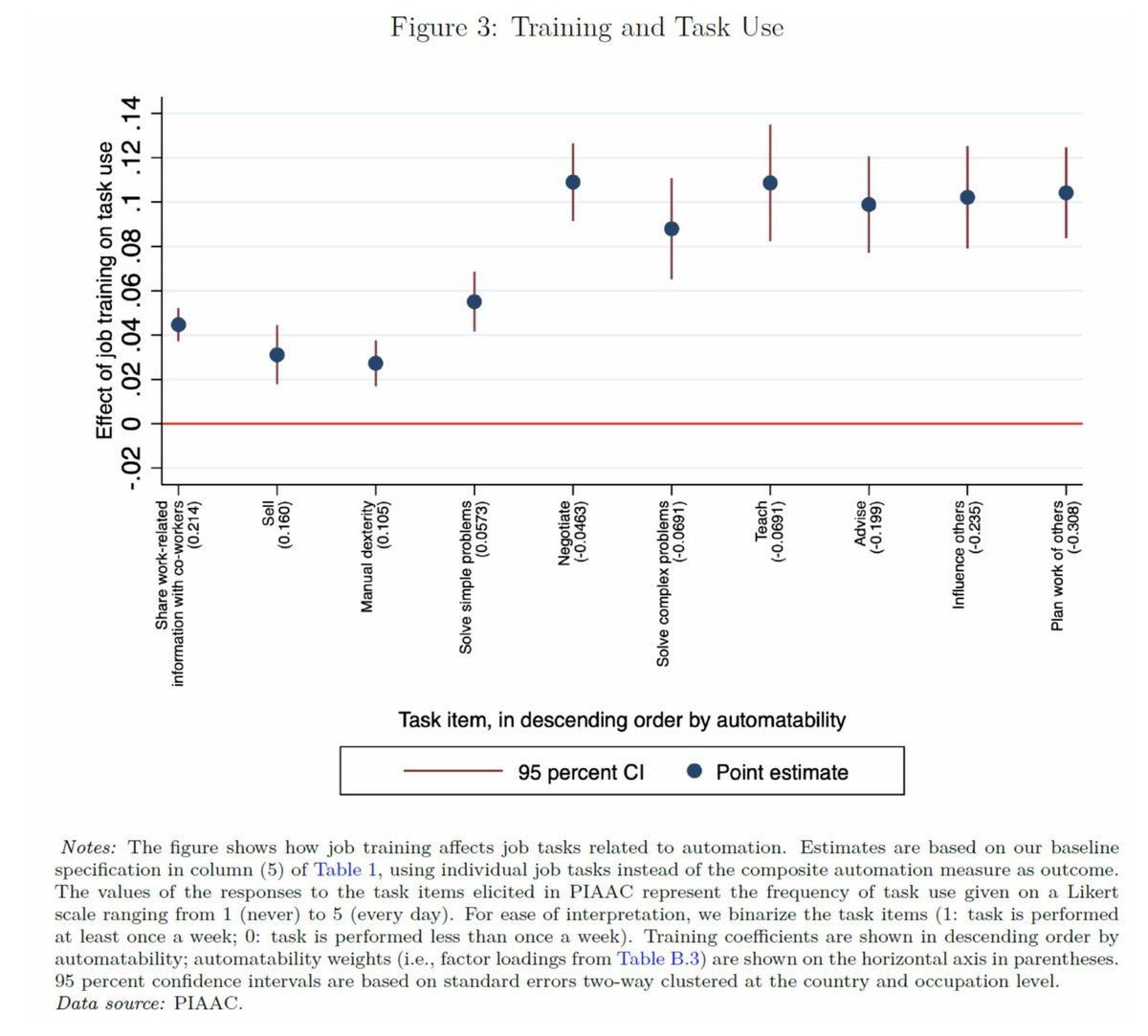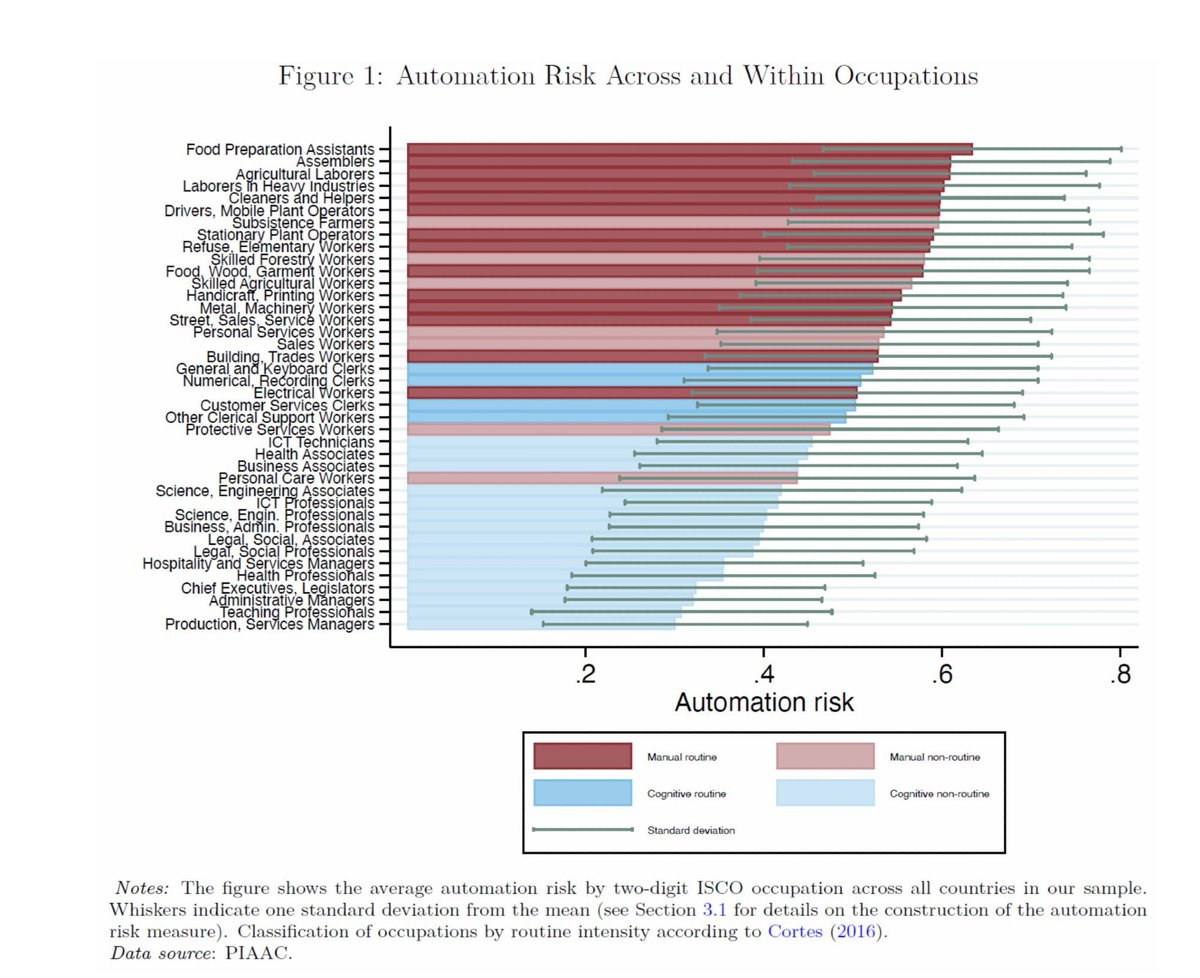
Christina Langer
@chr_langer
Followers
708
Following
572
Media
19
Statuses
137
Postdoc @DigEconLab @StanfordHAI @Stanford | #firstgen
Joined September 2014
📢 NEW WP. “The Value of Early-Career Skills” (w/ @SimonWiederhold). How can we measure the skills of early-career workers? How are these skills valued over workers’ careers? Did the returns to skills change over time? We study these questions in a new WP
3
28
167
RT @I_Am_NickBloom: *Call for papers for the 2025 Remote Work Conference*. Stanford, October 22 to 24 2025. In person presentations, and st….
0
30
0
I was fortunate to read this excellent book while auditing John's class at UChicago. It will be incredibly useful for both new generation and established economists looking to conduct experiments - Highly recommend!.
I finally have a publication date for my new Experimental Economics textbook: December 12. Equally as important, I am proud to have negotiated a low price for the book: $38.10. for a nearly 800 page book! .You can find the book here: .
1
1
12
Spending the rest of the month at @UChicago visiting @Econ_4_Everyone. Let me know if you’re in town and want to grab a coffee! 😊🥶
1
0
46
RT @chr_langer: @sebbie88 and my #ASSA2025 session on “Technological Change and the Value of Skills“ happening now in room Yosemite A - Hil….
0
4
0
RT @Woessmann: 📢Call for papers:. 🚀3rd CESifo/ifo Junior Workshop on the Economics of Education🥳. 12-13 May 2025, Munich. Keynote: @ALPWill….
0
96
0
RT @LISER_LM: 📣 Welcome to Dr. Christina Langer of @DigEconLab.visiting for the next #DataScience & Simulation (DSS) Seminar. 🗣️ On Dec. 1….
0
3
0
📢 New WP.Does job training reduce workers’ automation risk? And does its effectiveness vary by country, gender, or training type? We study these questions in a new WP (w/ Oliver Falck, @Mo_GuoYuchen, @Vlindlacher & @SimonWiederhold). A 🧵. CESifo WP:
1
20
52
RT @DigEconLab: Join us next Thursday 11/21 when @ProfDavidDeming of @Kennedy_School stops by the Lab to talk about the possible labor mark….
0
7
0
RT @Woessmann: 🚨My new paper:. 📰Skills and Earnings: A Multidimensional Perspective on Human Capital. reviews the….
0
75
0









